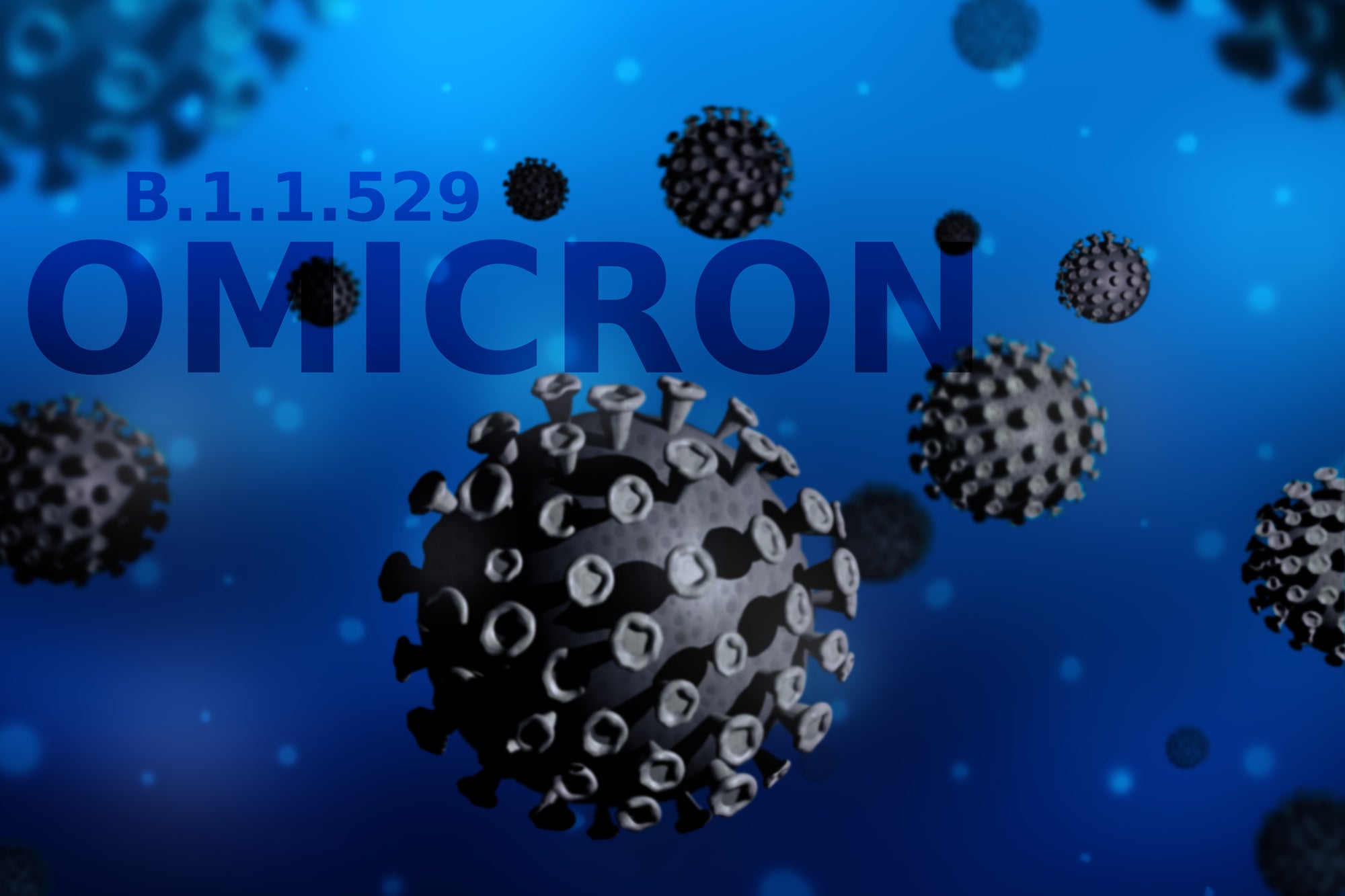A recent University of Washington study was published in JAMA Internal Medicine revealing a connection between cataract surgery and a lowered risk of developing dementia.
The observational study involved 5,500 patients within the Kaiser Permanente Washington system who were evaluated every two years for cognitive ability. Dementia was noted in 853 patients out of 3,038 adults over the age of 65 who had cataracts or glaucoma. Of the 853 who developed dementia, 504 developed before or without cataract surgery, while 320 occurred after cataract surgery. Researchers found that adults who have had cataract surgery had almost a 30% lower risk of developing dementia for at least 10 years after the operation when compared to those who did not have cataract surgery.
Patients who had glaucoma surgery were also evaluated but researchers did not find any link between glaucoma surgery and dementia risk. Glaucoma surgery does not restore vision while cataract surgery does.
Researchers hypothesize that due to the clouding of the lens by the cataracts, the brain does not receive as high a quality of sensory input, which then means that the brain is losing some of it's neuronic connections. In addition, cataract removal improves vision immediately, which allows for increased interaction with the world around you.
Additional research will be needed to identify the mechanisms between cataract surgery and a lowered risk of developing dementia
Dr. Krawitz's commentary:
This is a correlation study, NOT a cause and effect study. So the conclusions by the researchers do not prove that having cataract surgery prevents dementia. It might be that people without dementia are the ones who seek better vision with cataract surgery, or that they are the ones who are getting more regular medical care with an ophthalmologist who then diagnoses them with a cataract.














